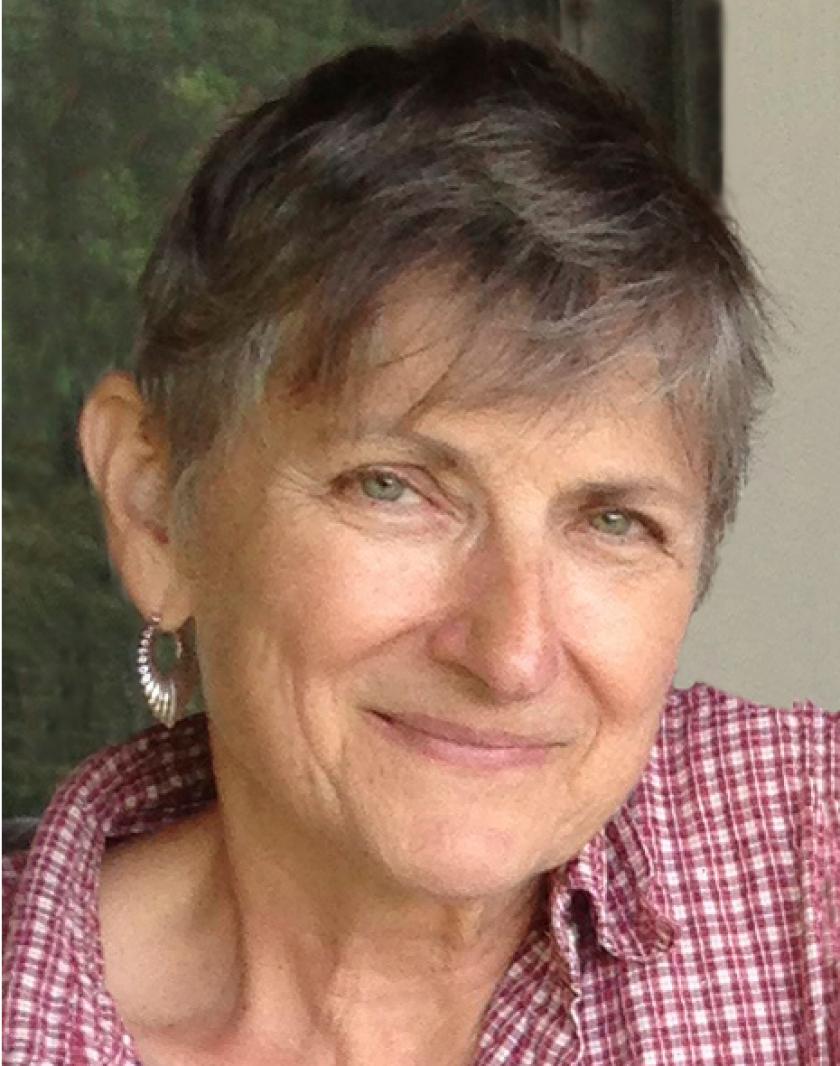
The National Museum of Women in the Arts in Washington, DC recently acquired for their permanent collection two pieces of art created by GSLIS adjunct faculty member Bea Nettles.
According to Nettles's website:
These two works were created in early 1970 and are now part of the permanent collection of the National Museum of Women in the Arts in Washington, DC. Lake Bottom Seeds is a collage of two hand colored photographs that were machine stitched in a mylar pocket that contained white rayon “flock” and radish seeds. This pocket was stitched to a museum board along the top edge in such a way that it could be lifted, shaken, and the contents rearranged…to represent the silt that a swimmer would kick up in a Florida lake. Seeing all these things…she stored them in her medicine cabinet is a mixed media work with a photo-screen printed self portrait on silver spray painted paper, a drawing of a landscape, screen printed palm trees on vinyl, and magazine transfers of coins. Portions of this work were machine stitched over the drawing which was on artist’s paper. These are both important early works of mine that exhibit themes I have continued to return to over the years including self-portraits and the Florida landscape.
Nettles is professor emerita at the University of Illinois. She teaches book arts courses and workshops on an international level, and her work as a photographer and book artist has been widely exhibited and published. Her photographs are housed in numerous museum collections, and her artists’ books are available in special collections libraries, including the Beinecke Rare Book & Manuscript Library at Yale University. Nettles will be teaching LIS 490BA: Book Arts Seminar, a Midwest Book and Manuscript Studies summer intensive course, from June 2-6.